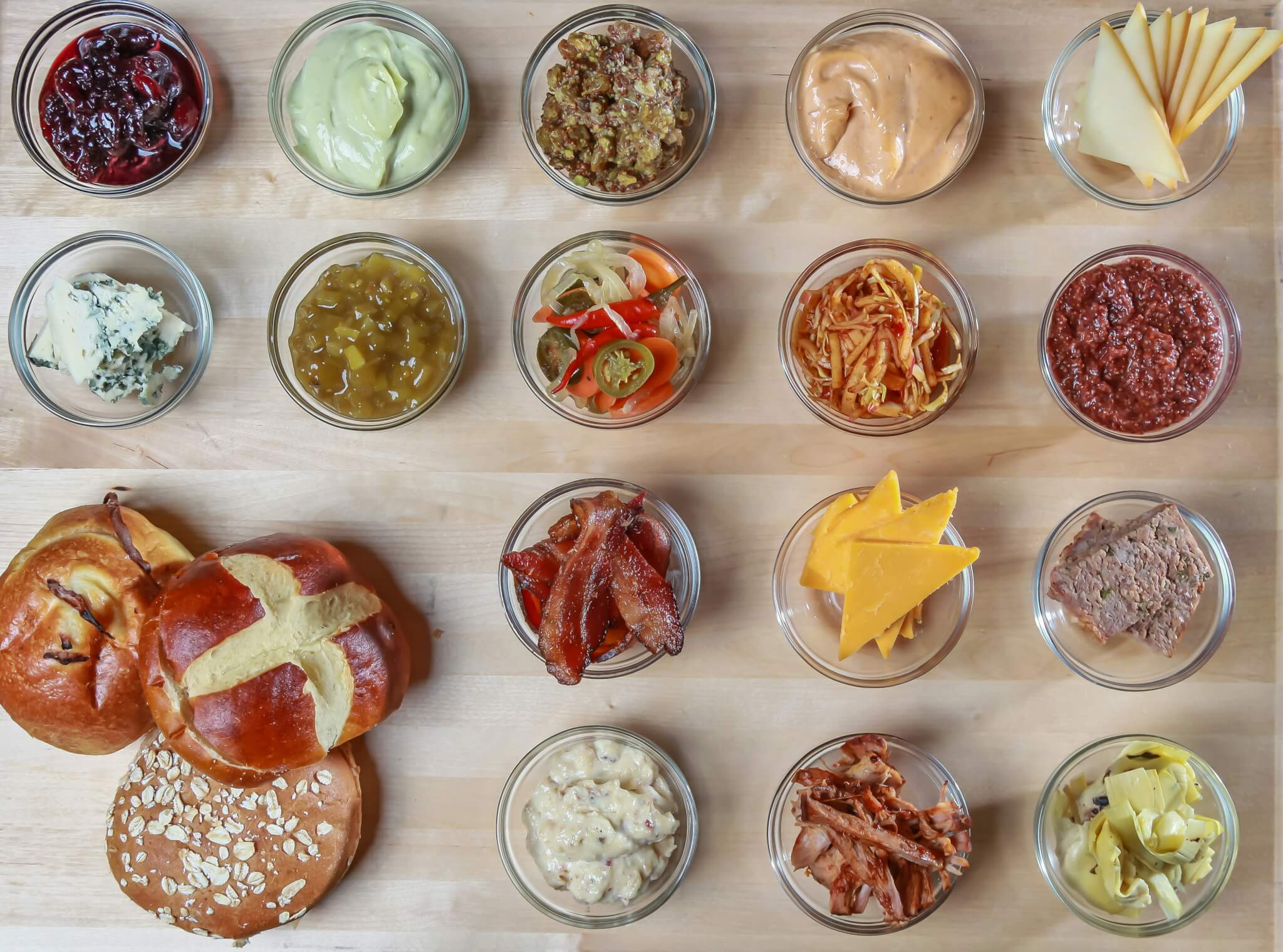Myth or truth: does coffee stimulate diuresis?

Caffeine and related methylxanthine compounds are known for their diuretic action, and consumers are often advised to avoid beverages containing these compounds in situations where fluid balance may be compromised. But how much evidence is this advice?
The purpose of this review is to evaluate the available literature on the effect of caffeine intake on fluid balance and to formulate evidence-based, evidence-based recommendations for caffeinated beverages in the context of optimal hydration.
Careful research was conducted using the Medline database of articles published in the medical and scientific literature between January 1966 and March 2002. The subject titles and keywords used in this search were: tea, coffee, caffeine, diuresis, fluid balance and water-electrolyte balance. A secondary search was performed using the bibliographies of the publications identified in the initial search.
The available literature suggests that acute high-dose caffeine intake (at least 250-300 mg, equivalent to the amount found in two or three cups of coffee or five to eight cups of tea) results in a short-term stimulation of the amount. of urine in people who have been deprived of caffeine for a period of days or weeks.
However, a deep tolerance to diuretic and other effects of caffeine is developing, and the actions are greatly diminished in people who regularly consume tea or coffee. Doses of caffeine equivalent to the amount normally found in standard portions of tea, coffee and carbonated soft drinks appear to have no diuretic action.

Conclusions
There are no arguments in published studies that consuming caffeinated beverages as part of a normal lifestyle would lead to fluid loss that exceeds the volume ingested or that would be associated with poor hydration.
Therefore, there does not appear to be a clear basis for abstaining from caffeinated beverages in situations where fluid balance may be compromised.
But you have to be careful about the concentration of a coffee. Dahna-style coffee is prepared with a teaspoon of coffee in 50 ml of water, plus a coffee infusion that will not be sweetened with sugar, but with a stevia sweetener.
Download the free Dahna app now from the AppStore or Google Play and find out more diet recommendations from cardiologists and nutritionists!
Source here.











